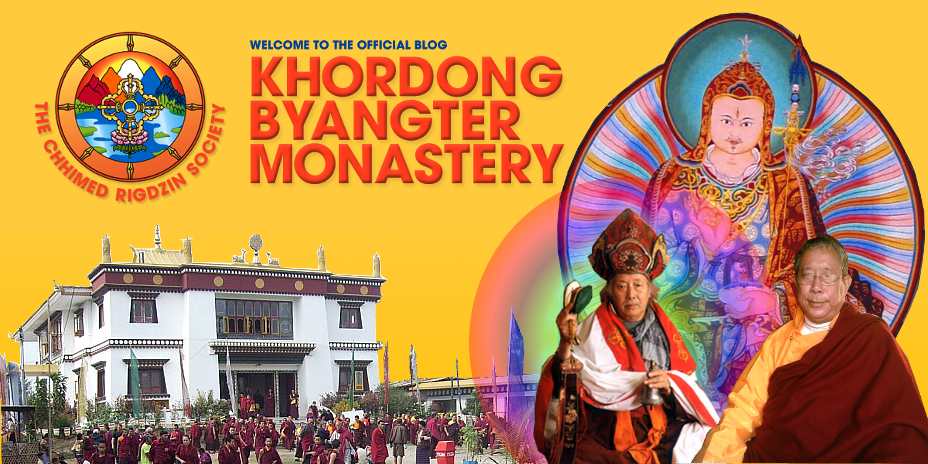Glory be to the Buddha Amitayus and the numerous Bodhisattvas!
The unimaginable benefits of such noble deeds are described in different sutras and tantras taught by Lord Buddha. The practice of such acts have been recommended by all the
Siddhas and by both Indian and Tibetan Buddhist pandits in various scriptures. Compassion, being one of the main tenets of the Mahayana, also forms the foundation of the Theravadayana tradition, which places great emphasis on abstaining from killing or even harming any living being. The Vajrayana on the other hand has one additional facet; it lays great emphasis on maintaining a sacred bond—samaya—between the savior and the saved.
Behind all these teachings, there is one single fact of cardinal importance: that on this earth, a human being can commit no greater sin than taking the life of another living being.
By implication, there is no bigger source of accumulating merit than saving life.
To obtain real peace and happiness in this world one has simply to follow the path of
ahimsa—nonviolence—which naturally is common to all the religions of the world. If we do
not like to experience any pain or suffering of any kind, how can we expect any other creature—whether big or small—to feel otherwise?
There is no better prayer or worship we can offer to Lord Buddha than being thoughtful, kind, compassionate and abstaining from taking the life of any fellow human being, animal, bird, fish or insect. Trying to save any life from imminent danger, or trying to mitigate their pain and suffering, is one step further in the active practice of loving other living beings.
The next logical step, in this regard, is saying prayers for those who die owing to some other person’s thoughtless cruelty. Following this path automatically puts an end to conflicts or obstacles—if any—within our inner self, generates spontaneous happiness and bestows absolute inner peace. If your deeds flow from a genuine purity of the heart and are imbued with
selflessness, they will enable you to attain Enlightenment in the long run.
Conscious abstention from hunting and killing living beings, besides inspiring others to do the same, are actions behooving the kind-hearted and pious. For instance, the milk of human kindness requires us to not harm migratory birds in any way, such as casting stones or nets or shooting them while they are resting for brief moments in the course of their long journey from one country or continent to another. On the contrary, we should provide help to them in all possible ways before they reach their final destination.
A renowned Buddhist scholar from Bengal, Pandit Atisha Dipankara, said that giving compassionate love to the helpless and the poor is as important as meditating on Sunyata (emptiness). The virtue of compassion is the principal foundation stone of Mahayana Buddhism.
Hence, I passionately appeal to humanity at large, irrespective of nationality, caste or religion to practice this most simple but profound virtue of compassionate love. We can praise and please our Lord Buddha in no better way than by doing all that we can to save the lives of innocent, mute and defenseless animals and birds, fish and insects, and thereby grant them the precious gift of life.
Moral values abjure us from taking anything that we cannot give to others. We cannot give life to anybody; it is the sole discretion of the Lord*. So it will be shameless arrogance and
heinous sinfulness on our part if we snatch life from others.
It is my firm belief that if people adopt this practice by universal consensus, everlasting peace and all-around happiness will descend on this earth and human suffering in all its forms will become a thing of the past. All of us will become privileged enjoyers of peace, prosperity, good health and increased longevity. In such an ideal situation, human beings will experience peace of mind and contentment of heart even at death. Bereft of any disturbing thoughts or hallucinations while being aware of the essence of the Dharma, he or she will pass
away in perfect serenity and—in due course—will be reborn in higher realms. Continuous practice of this noble path will ultimately lead to the attainment of Nirvana.
May one and all follow this most meritorious path and benefit all living beings, besides accumulating a wealth of merit for themselves in the process.
Mama Koling Samanta**
Translated by Chowang Acharya, Senior Lecturer, Sikkim Nyingma Institute, Gangtok, Sikkim.
∗Here referring to Lord Yama, the representation of the cause and
effect principle that determines the nature of one’s next incarnation.
∗∗A closing mantra in Sanskrit meant for the liberation of all beings.
-Amitayus is the Buddha of infinite life (ultimately) and long-life (conventionally) who dwells in the Western Paradise with Amitabha Buddha and belongs to the lotus family of Buddhas.
-Siddhas are spiritually perfected beings, practitioners that have attained the highest accomplishments.
-Pandits are scholars.
